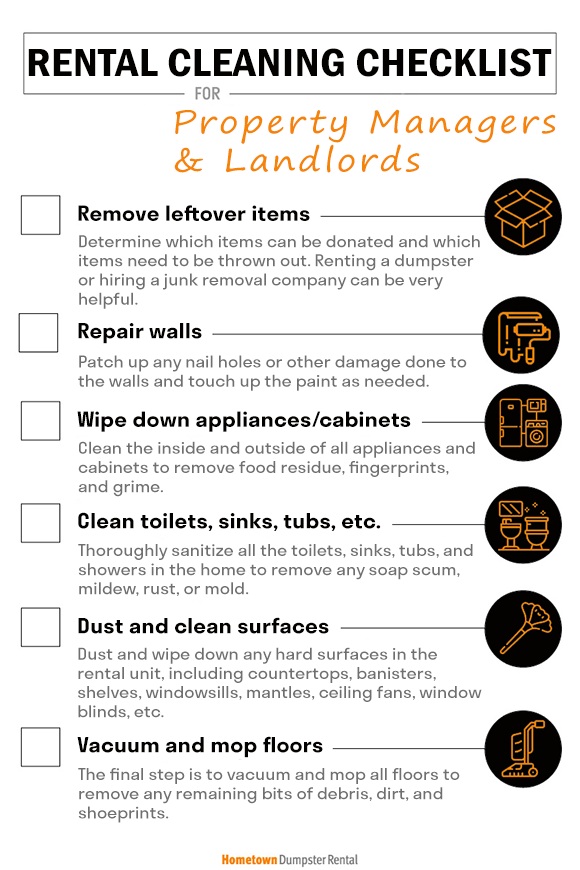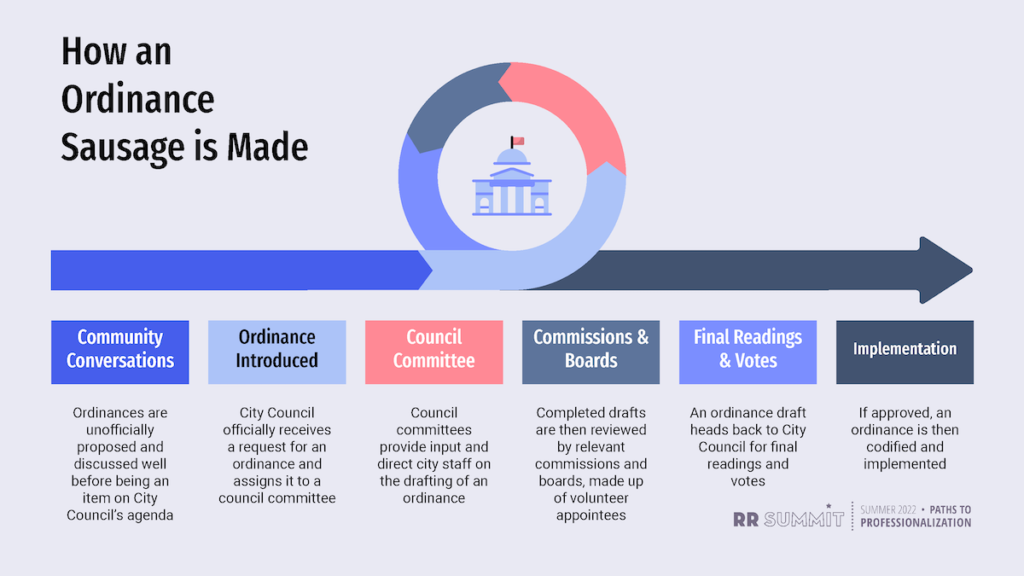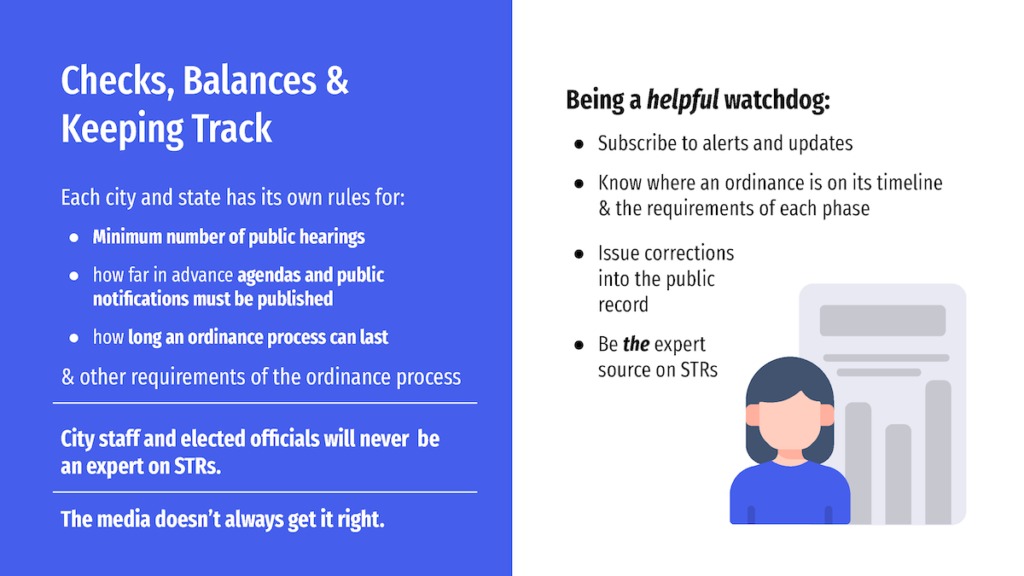Discover the essential tips and tricks for successful rental management that will keep your properties thriving and tenants happy.

Image courtesy of George Becker via Pexels
Table of Contents
- Introduction to Rental Management
- The Role of a Property Manager
- Finding the Right Tenants
- Creating a Welcoming Space
- Handling Rent and Money Matters
- Communicating with Tenants
- Legal Stuff and Rules
- When Things Go Wrong
- Keeping Records
- Growing as a Property Manager
- Closing Thoughts
- FAQs (Frequently Asked Questions)
Introduction to Rental Management
Welcome! Today, we’re going to learn about rental management 101, which covers the basics of taking care of a house or apartment that someone else owns. It’s like being the captain of a ship, but for a home where people live!
What is Rental Management?
Rental Management is when you are in charge of a house or apartment that people rent. Your main job is to make sure everything in the property is in good shape and that the renters are happy living there. It’s like being the captain of a ship, making sure everything runs smoothly on board.
The Role of a Property Manager
Now, let’s talk about what a person does when they are the boss of a rental place.
Duties
The boss, or manager, has certain jobs like fixing things that break and talking to the renters. When something in the rental place needs to be repaired, like a leaky faucet or a broken door, it’s the manager’s job to make sure it gets fixed. The manager also needs to communicate with the people who live in the rental property, known as renters, to see if they have any problems or need help with anything. Being a property manager means being responsible for taking care of the home and the people who call it their temporary home.
Skills Needed
To be a good property manager, you have to be organized, which means keeping track of all the tasks that need to be done and making sure they get completed. You also have to be good with people because you’ll be talking to renters and helping them with their concerns. Knowing a lot about houses is important too, so you can understand how things work and what to do when there’s a problem. Being a property manager requires a variety of skills to ensure that the rental property is well-maintained and the renters are happy.
Finding the Right Tenants
In rental management, finding the right tenants is crucial for maintaining a happy and well-kept property. Here, we’ll explore some tips for property managers on how to attract responsible and reliable renters.

Image courtesy of www.pinterest.com via Google Images
Advertising
Advertising is like telling everyone about a cool secret place that’s up for grabs. As a property manager, you’ll want to spread the word about your rental property through online listings, social media, or local ads. This way, more people will know about the amazing place you have to offer!
Screening Tenants
Once people show interest in renting your property, it’s time to choose the best fit. Screening tenants means making sure they will take good care of the place and pay rent on time. You can do this by checking their rental history, income, and references from previous landlords to ensure they’ll be a responsible renter.
Creating a Welcoming Space
In this section, we will explore how to make a rental property feel like a warm and inviting home for tenants to enjoy.
Maintenance
One essential aspect of creating a welcoming space is to keep the rental property well-maintained. This means fixing any broken things promptly, such as leaky faucets or malfunctioning appliances. Regular maintenance not only ensures that everything is in working order but also shows tenants that you care about their comfort and well-being.
Improvements
Adding small improvements to the rental property can go a long way in enhancing the living experience for tenants. Consider simple upgrades like fresh paint, new light fixtures, or cozy furnishings to make the space feel more inviting. These improvements can make your rental property stand out and create a positive impression on potential tenants.
Handling Rent and Money Matters
Setting rent means deciding how much money the people who live in the rental place have to pay each month. This money helps the owner keep things running smoothly, like fixing broken things or making the place even better. It’s kind of like paying for your video game subscription each month to keep playing!

Image courtesy of www.hometowndumpsterrental.com via Google Images
Managing Budgets
Managing budgets is like making a plan for the money. The manager has to figure out how much money is coming in from rent and how much is going out for things like repairs and maintenance. It’s important to make sure there’s enough money for everything that needs to be done, just like making sure you have enough allowance to buy your toys and snacks.
Communicating with Tenants
It’s really important to talk to the people who live in the rental place every now and then. This way, you can make sure they’re happy and everything in their home is working okay. By having these chats, you can build a good relationship with the renters and show them that you care about their well-being.
Handling Complaints
Listening to what the renters have to say is super important. If they tell you something’s not right in their home, like a leaky faucet or a broken window, it’s your job to listen and get it fixed. This shows that you take their concerns seriously and want to make sure they have a comfortable living space. Good communication can help prevent small issues from turning into big problems!
Legal Stuff and Rules
Laws and rules are like the invisible lines that help keep everything fair and running smoothly in a rental property. Let’s dive into the world of rules and regulations that property managers and renters need to follow.

Image courtesy of www.rentresponsibly.org via Google Images
Understanding the Law
When it comes to managing a rental property, there are big rules set by the government that everyone needs to follow. These rules cover things like how much notice should be given before entering a tenant’s space, what kind of repairs the landlord is responsible for, and how eviction procedures should be handled. It’s important for property managers to familiarize themselves with these laws to ensure they are running their rental property ethically and legally.
| Topic | Description |
|---|---|
| Property Selection | Choose a property that fits your budget and goals. |
| Market Research | Understand the rental market in your area to set competitive prices. |
| Tenant Screening | Screen potential tenants to ensure they are trustworthy and reliable. |
| Lease Agreement | Create a detailed lease agreement to protect your rights and set clear expectations. |
| Maintenance | Regularly inspect and maintain the property to keep it in good condition. |
| Financial Management | Track expenses and income to ensure profitability and compliance with regulations. |
Setting Property Rules
In addition to following the laws, property managers can also create their own set of rules for the rental property. These rules might cover things like quiet hours, restrictions on smoking or pets, and guidelines for using common areas. By clearly communicating these rules to tenants upfront, everyone knows what to expect and can help maintain a harmonious living environment.
When Things Go Wrong
Sometimes, things break unexpectedly, like a leaky pipe or a broken window. As a property manager, it’s important to act quickly in these situations. You’ll need to find a reliable repair person or company to fix the issue as soon as possible. This helps ensure the safety and comfort of the tenants living in the rental property.
Dealing with Difficult Situations
Difficult situations can arise in rental management, such as disagreements between tenants or noise complaints. As a property manager, it’s essential to stay calm and handle these problems with professionalism. You may need to mediate conflicts, enforce property rules, or even involve legal assistance if necessary. Clear communication and problem-solving skills are key to resolving challenging situations swiftly and effectively.
Keeping Records
When you are in charge of a rental property, it’s crucial to keep track of all the important papers and paperwork. This helps you stay organized and ensures you have everything you need when you need it.

Image courtesy of www.linkedin.com via Google Images
Documents and Paperwork
Documents and paperwork are like a treasure map for a rental manager. They include things like contracts, rental applications, repair receipts, and important communications with tenants. These papers are essential for keeping a record of what has happened at the property.
Staying Organized
Managing all these documents can feel overwhelming, but there are some tricks to help you stay organized. You can use folders, binders, or even digital storage solutions to keep everything in order. Creating a system that works for you will make it easier to find the information you need quickly.
Growing as a Property Manager
Becoming an even better manager is awesome. Learn some tricks for doing that.
Learning from Experience
The more you manage, the more cool things you learn about how to do it well. Every time you fix something or have a chat with a renter, you gain new knowledge that helps you become a better property manager. Think of it like practicing your favorite sport – the more you play, the better you get!
Seeking Feedback
Listening to what renters say is crucial to making things better in the future. When tenants share their thoughts, whether it’s about a repair needed in the house or a suggestion for improvement, taking note of their feedback helps you understand their needs and make the rental property a more comfortable place to live. Remember, the key to growth is being open to feedback and using it to make positive changes.
Closing Thoughts
As we reach the end of our journey into the world of rental management, it’s essential to remember that being in charge of a rental property is quite like being the captain of a ship that never leaves the dock. You have a responsibility to ensure smooth sailing for your renters and the property itself. Let’s take a moment to reflect on the key points we’ve covered in this guide.

Image courtesy of www.rentresponsibly.org via Google Images
Summary of Key Points
We started by understanding the basics of rental management, emphasizing the importance of upkeep and care for the property. As a property manager, your duties involve everything from maintaining the property to handling rent and money matters efficiently.
Finding the right tenants is crucial, and this process involves advertisement and careful screening to ensure the property remains in good hands. Creating a welcoming space goes beyond just maintenance; it involves making improvements that enhance the living experience for renters.
Communication with tenants is vital for a healthy landlord-tenant relationship. Regular check-ins and a proactive approach to handling complaints can make a significant difference in tenant satisfaction. Understanding the legal aspects and setting clear property rules are essential steps towards a harmonious rental experience for everyone.
When unexpected challenges arise, a property manager must be prepared to tackle emergency repairs and handle difficult situations with poise. Keeping detailed records and staying organized ensures that you can effectively manage the property’s finances and operations.
Continuously seeking feedback and learning from experience are key factors in growing as a property manager. By incorporating these strategies into your approach, you can elevate your management skills and provide an even better living experience for your tenants.
In conclusion, rental management is a dynamic and rewarding role that requires a combination of organizational skills, people management, and a passion for creating a thriving living environment. By following the best practices and strategies outlined in this guide, you can navigate the challenges of property management with confidence and success.
FAQs (Frequently Asked Questions)
You might have questions, and that’s great! Here are some answers to common ones people ask.
What does a property manager do all day?
From talking to renters to checking houses, a manager does a bunch of different things each day. They make sure everything in the rental property is working right, handle any repairs that may pop up, collect rent from tenants, and keep the property clean and well-maintained. It’s a busy job, but a very important one!
How do you pick the best renters?
To pick the best renters, property managers look for a few key things. They check if potential tenants are nice and respectful, have a steady income to pay rent each month, and will take good care of the rental property. A good background check and references from previous landlords can help managers determine if someone will be a good fit for the property. It’s important to find tenants who will treat the rental space with care and follow the rules of the property.
Idaho Poperty Management
